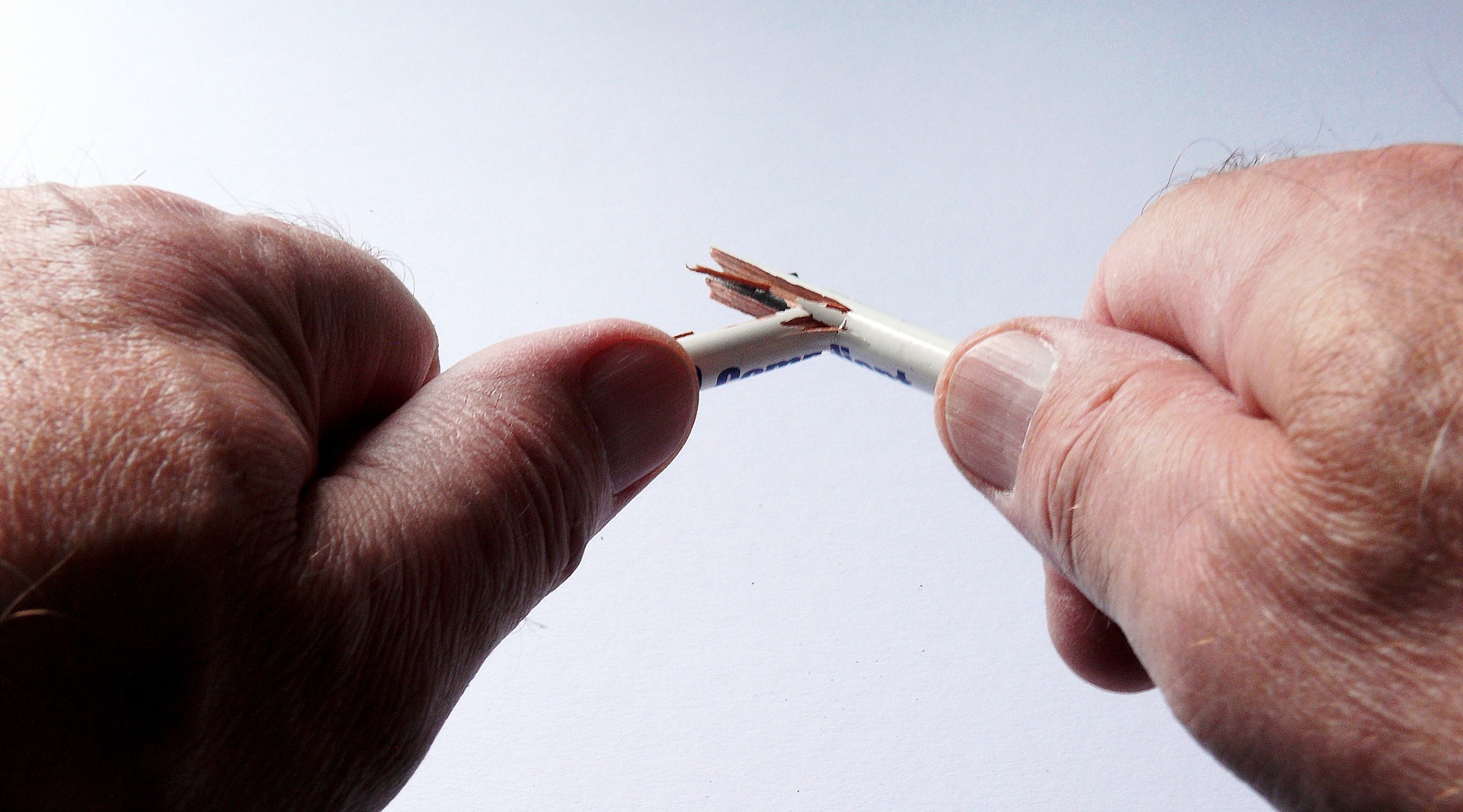Terrible explanations for terrible behavior are perversely fascinating — especially to PRs and professional communicators. They’re also instructive. It takes a well-crafted and sincere apology to explain away repugnant speech or actions, and even the best mea culpas can fall short. But lately there have been some doozies.
In an episode unlikely to be matched anytime in the near future, former Georgia state representative Jason Spencer was videotaped dropping his pants and screaming racial epithets while running backwards for the Sacha Baron Cohen show “Who is America?”. Baron Cohen, of course, is a notorious prankster who specializes in making people look ridiculous. And in this show he’s unrecognizable posing as an Israeli anti-terrorism expert (props to the makeup crew.) But Spencer’s initial response to the video’s release was that he did it because he was afraid for his life. That’s right, he claimed that his “fears (of terrorists) were so heightened” that he was unable to think clearly or understand what he was doing. (He sure doesn’t look scared in his bare-assed scamper; he looks ridiculous.)
Jason Spencer’s pranking is so bizarre that no apology would have sufficed, so his resignation was inevitable. But the “terrorists made me do it” defense adds an extra dimension of humiliation to his exit. He would have been better off with an explanation that took responsibility for his little escapade. Something like, “The people behind the show set out to make me look like a racist fool, and I stupidly complied. Fortunately the only person I truly harmed was myself.”
In a slightly less outrageous instance, Papa John’s founder John Schnatter is embroiled in a public fight with company officers after he, too, apparently used the n-word during a media training session with a marketing agency. Schnatter stepped away from the company and apologized, yet even as he did so, he insisted that the agency team had coerced him to utter the word. (He later claimed the agency CEO blackmailed him over the comment, and the situation has devolved further since the initial apology.)
It seems improbable that an agency coaching an executive on better interview techniques would urge him to blurt out a racist slur. But even if true, why would Schnatter comply? After all, he’s a brash entrepreneur who’s never been afraid to go his own way. He’s the client. The boss. It’s not reasonable to blame his behavior on someone else, and it undermines the initial apology and whatever is left of his public reputation. His explanation prolonged the story and did him no credit.
We see this kind of whataboutism and finger-pointing in CEOs, politicians (including the president, of course), and entertainers. But here’s the bottom line: the worse the offense, the better and more sincere the apology must be. Blaming others, even when justified, just isn’t a good look. Taking responsibility is step one in an effective public apology. It shouldn’t be that hard.
As a contrast, look at Khloe Kardashian’s tweeted apology after she called sister Kourtney a “retard” on an Instagram livestream. Her offense may not rise to the level of others here, and her tweet isn’t very articulate or dignified. But in her swift and simple response, Kardashian agrees, owns the mistake, and pledges to be better. Sometimes that’s all it takes.

